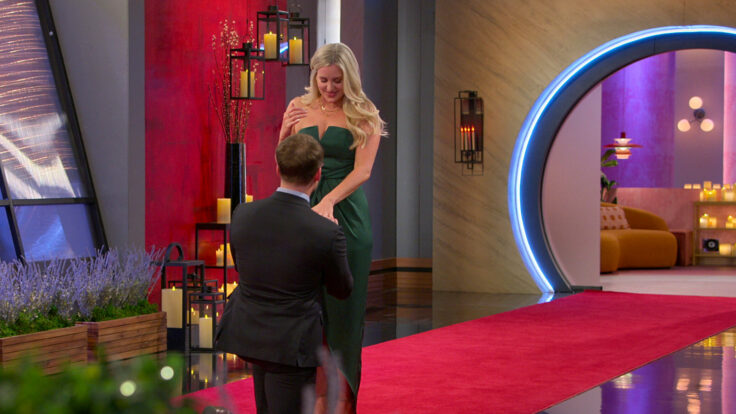Baseball is a slow game. So is litigation. But this season, something unusual is happening. Four minor league baseball teams are attempting to get to the Supreme Court as quickly as the judicial system will allow. That means that these four teams have invited a federal judge to reject a lawsuit they filed late last year against Major League Baseball. No oral hearing requested. Go ahead and dismiss our claims because you must, they recently told the judge. Afterwards, these four teams will take their case to the 2nd Circuit Court of Appeals, but only because that’s a necessary pit stop. The teams don’t have expectations to win there either. Indeed, it might be like the 1989 Charlie Sheen classic, Major League, where the team’s owner purposely engineers a losing effort. Only after defeat at the intermediate appellate level will the real action begin.
This case features the Staten Island Yankees, the Norwich Sea Unicorns, the Salem-Keiser Volcanoes, and the Tri-City Valleycats taking on Major League Baseball and Commissioner Rob Manfred after the teams’ affiliations with big-league clubs were eliminated as part of a 2020 restructuring of the minors. Now represented by the prestigious law firm of Weil, Gotshal & Manges, along with former players’ union attorney James Quinn, the plaintiffs allege that M.L.B.’s decision to “artificially reduce” the number of major-minor affiliations “in order to cut expenses” is “nothing less than a naked, horizontal agreement to cement M.L.B.’s dominance over all professional baseball.”

















